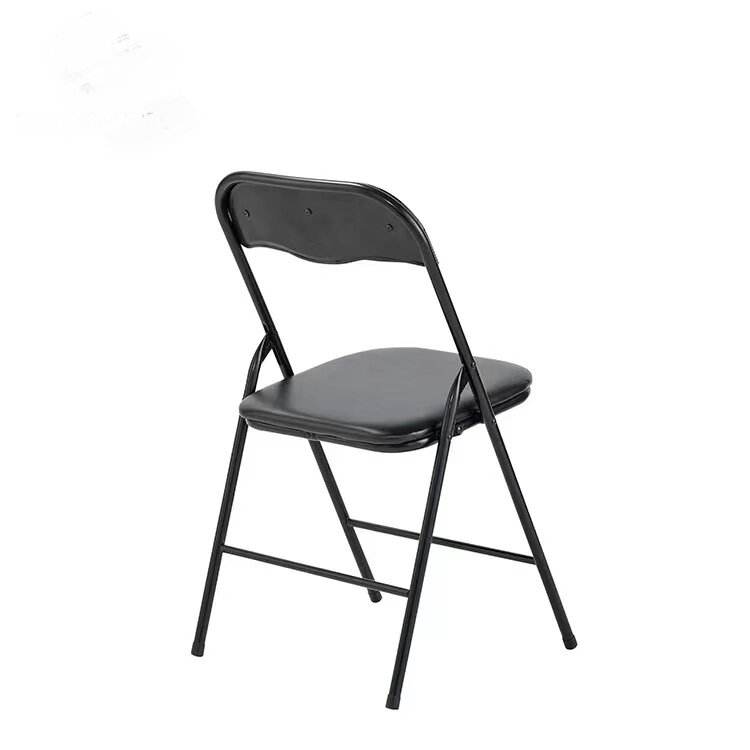
In recent years, there has been a noticeable increase in interest in outdoor activities. This trend has encouraged consumers to seek outdoor leisure products that align with environmental concerns. As awareness about sustainability continues to rise, the demand for eco-friendly outdoor leisure products is also growing steadily. These products not only provide enjoyment and relaxation but also support efforts to reduce environmental impact.
Outdoor leisure products cover a wide range of items used for activities such as camping, hiking, picnicking, fishing, and other recreational pursuits. Traditionally, many of these products were made using materials that could contribute to pollution or waste. However, changes in consumer preferences and manufacturing practices are promoting more sustainable options. As a result, eco-friendly outdoor products have become an important segment in the market.
One key driver behind the growth of eco-friendly outdoor leisure products is increased environmental awareness. Consumers are becoming more mindful of their choices and how these affect natural surroundings. This shift has encouraged manufacturers to explore materials and designs that reduce environmental harm. Eco-friendly outdoor products are often made from recycled, biodegradable, or renewable materials. These options help lower the carbon footprint associated with production and disposal.
Durability and reusability are important characteristics in eco-friendly outdoor products. Products designed to last longer reduce the need for frequent replacement, which can decrease waste over time. Additionally, many eco-friendly items are created to be repaired or recycled after their useful life. This circular approach to product design aligns with growing interest in sustainability and responsible consumption.
The packaging of outdoor leisure products is also evolving to support eco-friendly goals. Many companies now use reduced or recyclable packaging materials, which helps reduce overall waste. This attention to packaging complements the eco-friendly features of the products themselves, making the entire purchase more environmentally conscious.
Outdoor leisure products made with sustainable materials not only benefit the environment but can also enhance user experience. For example, natural fibers or recycled fabrics may offer comfort and breathability in clothing or camping gear. Some biodegradable products are designed to break down safely after disposal, avoiding pollution in natural areas. These features reflect how eco-friendly choices can be practical and enjoyable.
The rise of eco-tourism and outdoor recreation has further encouraged the popularity of eco-friendly outdoor leisure products. As more people explore parks, trails, and wilderness areas, there is a growing desire to protect these environments. Using products that reduce harm helps support conservation efforts and ensures that outdoor spaces remain available and healthy for future visitors.
Retailers and distributors have responded to consumer demand by increasing the availability of eco-friendly outdoor products. Specialty stores and online platforms often highlight sustainable options, making it easier for buyers to find what they need. This growing presence of eco-friendly products in the marketplace supports continued interest and adoption.
Innovation in materials and manufacturing processes has also played a role in the expansion of eco-friendly outdoor leisure products. Advances in biodegradable plastics, natural fibers, and recycled components allow for a wider variety of products that meet performance needs without compromising sustainability. These innovations contribute to a more diverse and accessible range of eco-friendly items.
Challenges still exist in balancing cost, performance, and environmental impact in outdoor leisure products. Some eco-friendly materials may require additional research and development to achieve the desired durability or usability. However, ongoing improvements are helping to address these issues and provide products that meet consumer expectations.
The growing demand for eco-friendly outdoor leisure products represents a positive shift toward more responsible enjoyment of natural spaces. As consumers become more informed about environmental impacts, their choices reflect a desire to reduce harm and support sustainability. This trend encourages manufacturers to continue exploring greener solutions and helps promote a market focused on long-term stewardship.
Contact Us